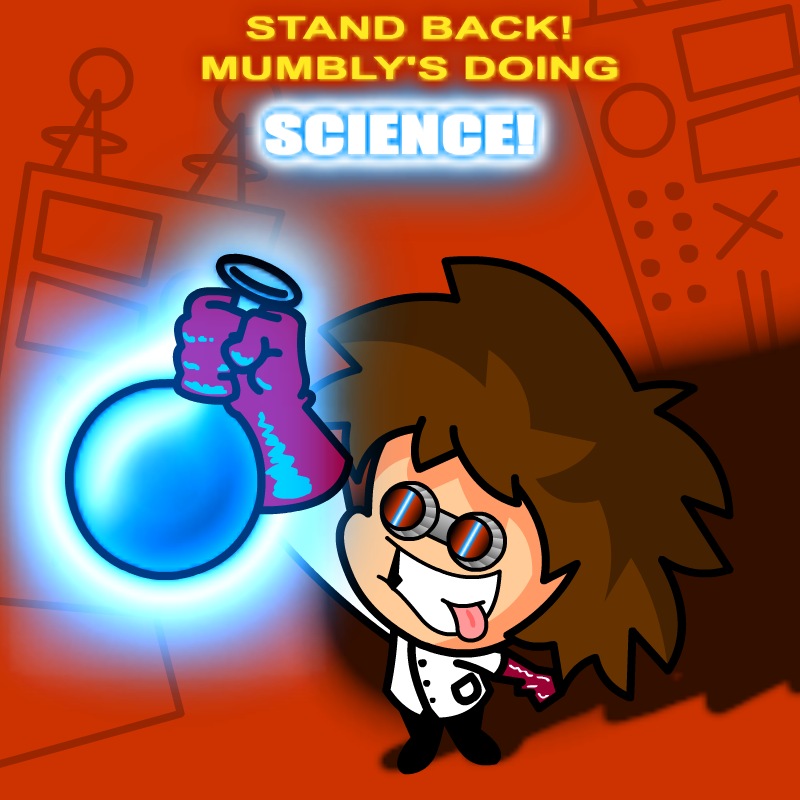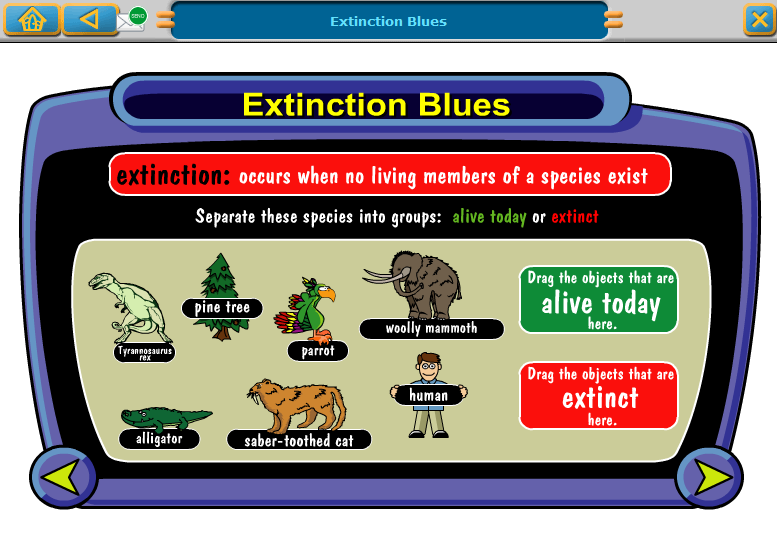CAREER
MATTERS
By: Anabele Salibad
By: Anabele Salibad
Career matters? This could be read as
both “career issues” and “importance of career.” Either way, career is to be
tackled not just because it is the Career Guidance Week (every third week of
July) but more so because we recognize the fact that career is life per se.
Choosing a career is no easy task. It
is a process of personal deliberation coupled with a careful and proper career
guidance and education of a child. It is a serious business that should not be
overlooked because it is not just simply a job or profession that is being
paved; it is a person’s life at stake.
A lawyer does not become one at an instant.
And so with a police officer, a doctor, a teacher, a skilled- worker, a vendor
for that matter. For sure, one has to go through a series of self- searching
before becoming an accomplished professional. But this is just 10% of the
career exploration process. The crucial 90% involves career guidance and
counseling in schools.
Paint these in mind because these are
the real scenarios. And these have been going on for decades---A lot of
students would blindly choose a career based on their parents’ advice or their
friends’ choices. A lot of students would jump into college without a real
picture of the professionals they would someday become. They go for nursing or
IT courses because it is trending. They go for engineering even if they do not
really possess the skills. A lot would go for showbiz because it is one of the
lucrative industries that promise easy fame and money. And these happen because
there are no guidance counselors who guide our dear students in their career
decisions. My high school did not have a guidance counselor. And so I have to
admit I did not have the luxury of being guided in my career planning. And I am
pretty sure not all public schools in the Philippines have one.
Looking at it then on the peripheral
side, the heart of the matter for job problems in the Philippines is the lack
of serious and intensified campaign or advocacy for career guidance and
counseling, especially in the academic sector.
What has the government done so far? The
Department of Labor and Employment (DOLE) has been feverish in its Career
Guidance Advocacy Program. And the Department of Education (DepEd) has also
come up with the controversial K to 12 Curriculum.
The K to 12 Curriculum promises a solution.
This total overhaul of the country’s current educational system aims to provide
an opportunity for every learner to form possible career choices as early as
kindergarten, since career exploration is already infused in the lessons. In a
way, it presents a career academy for every learner through the different
career tracks offered in Grades 11 and 12. The K to 12 Curriculum aims to
provide students with activities, opportunities,
and resources preparing them to make life long career choices and equipping
them with 21st century skills to compete in the global economy. So instead of
bickering about it, why not support it?
In
addition and in line with the goal of the K to 12 Basic
Education Program to produce graduates who are ready for higher education,
middle level skills development, employment and entrepreneurship, DepEd also issued
DO 25, s. 2013, institutionalizing the Career Guidance Week for High School
students every last week of July. (depedsagay.webs.com/issuances/central-office/order-index.html)
Yes,
career matters and it should be tackled not just this Career Guidance Week. But
it should be brought out by every household at the dining table. It should be
addressed by our legislators in their sessions. It should be covered by media,
in print or on air, if advocacy has to be intensified.











